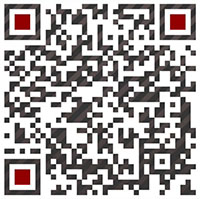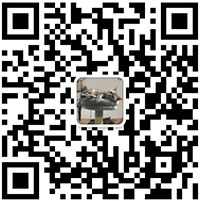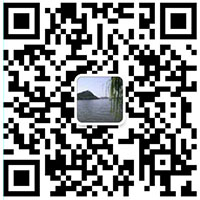1. 电子束光刻胶的成分及工作原理是什么?
1. What are e-beam resists composed of, and how do they work?
E-beam resists (electron beam resists) are designed for electron beam and deep UV applications for the fabrication of highly integrated circuits, mainly for mask fabrication. They are employed in electron beam direct writing and multilayer processes. Thin layers of these resists (< 30 nm) are excellently suited for nanometer lithography. With an optimised process regime, even structures of less than 10 nm thickness can be realised in films of 50 nm thickness. E-beam resists are characterised by a strong adhesion to silica, glass, and most metal surfaces. These resists are deposited by spin coating procedures at a speed between 6 000 and 1 000 rpm, resulting in film thickness values between 20 nm and 1.75 μm.
Several different types of e-beam resists are commercially available.
1) PMMA resists are composed of poly(meth)acrylates with different molecular masses (50K, 200K, 600K, and 950K), which are dissolved in chlorobenzene (AR-P 631 … 671) or the safer solvent ethyl lactate (AR-P 639 … 679) and 1-methoxy-2-propyl acetate (AR-P 6510). These resists work as positive tone resists. In comparison to polymer 950K, the sensitivity of polymer 50K is enhanced by 20 %. The glass temperature of PMMA layers is in the range of 105 °C, and polymers are thermostable up to a temperature of 230 °C.
2) Copolymer resists are composed of copolymers based on methyl methacrylate and methacrylic acid (PMMA/MA 33 %), which are dissolved in safer solvent 1-methoxy-2-propanole (AR-P 617). Copolymer resists also work as positive tone resists. Due to the chemical properties of methacrylic acid during the bake step at 200 °C, where dehydration leads to ring formation, copolymers possess a 3- to 4-fold higher sensitivity and a considerably higher contrast than PMMA resists. In addition, polymer
layers are thermostable up to 240 °C, with a glass temperature of 150 °C.
For very thick films between 5–250 μm used in LIGA techniques, AR-P 6510 is the especially designed resist of choice.
Above a wavelength of 260 nm, PMMA- and copolymer films are optically transparent. A deep UV exposure and patterning is still possible, since these resists absorb at 248 nm which is however associated with a reduced sensitivity.
3) Novolak based e-beam resists (AR-P 7400, AR-N 7500…7700) are in general aqueous-alkaline developable. These resists are available as positive or negative tone electron beam resists and contain organic or amine crosslinking agents and/or acid generators in addition to the novolak. As additional component, AR-N 7500 contains naphthoquinone diazide. Novolak based resists are approximately twice as stable in plasma etchings as compared to PMMA- and copolymer resists and are used for the
generation of structures in electron beam lithographic processes and for mask production. A few ebeam resists also allow for mix-&-match processes, combining e-beam- and UV exposure (AR-P 7400,7520 and 7700/30, -37). The fine structures are written into the resist layer by e-beam lithography,
immediately followed by UV exposure (i-line) of larger structures. Subsequently, resists are developed in one step according to the usual protocol.
A maximum resolution of < 10 nm can be realised for very thin films with AR-P 7400 and AR-N 7520.With AR-N 7520, even 6 nm lines could already be achieved, at an aspect ratio of 10.
Chemically enhanced e-beam resists are AR-N 7700, 7720, as well as AR-N 7700/30 and /-37. The latter resists have a very high sensitivity, are highly process- and storage stable, and allow also an exposure in the deep UV and broad range UV spectrum. Resists of the AR-N 7700 series are high-resolution resists and reach a structural resolution of 50 – 100 nm at very good sensitivity. Resist AR-N 7720 is particularly well suited for three-dimensional structures, due to the low contrast which was specifically adjusted for this application.
Refractive indices are: for PMMAs 1.48, for copolymers 1.49, and for novolak-based e-beam resists 1.60 – 1.61.


 扫码咨询光刻胶、模板
扫码咨询光刻胶、模板
 扫码咨询红外测温仪、单晶、靶材
扫码咨询红外测温仪、单晶、靶材
 扫码咨询介电阻抗谱、杨氏模量无损测量
扫码咨询介电阻抗谱、杨氏模量无损测量